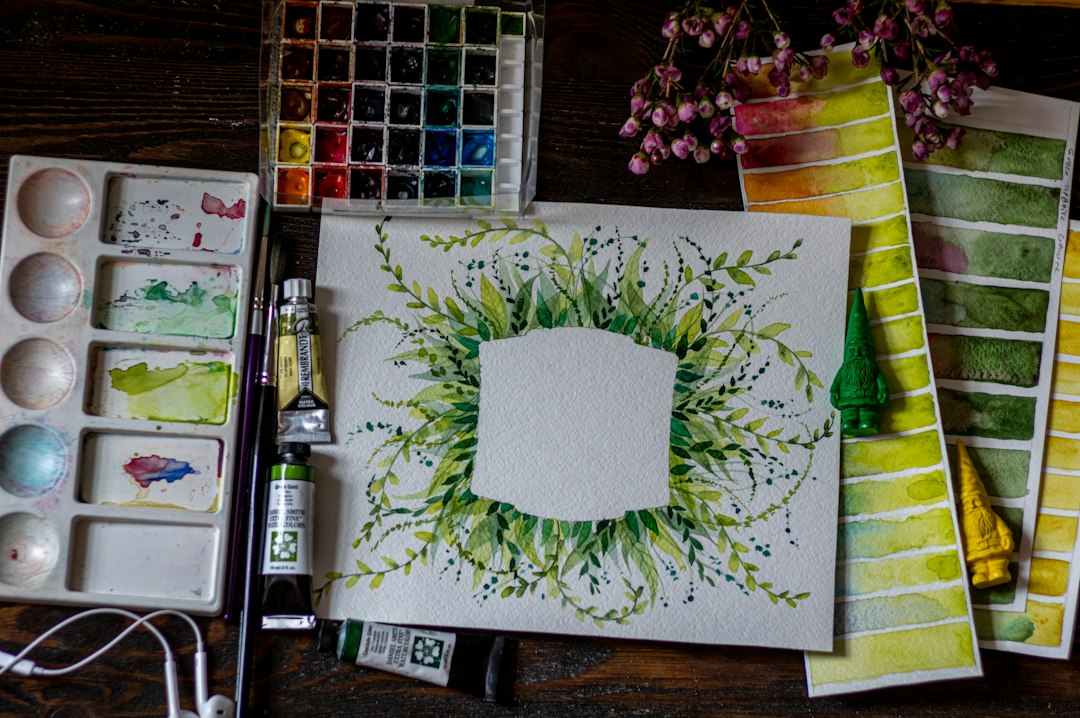When Reality TV Goes Wrong: Scandals That Shocked Audiences
Reality television has captivated audiences worldwide since its inception. With its blend of drama, competition, and real-life situations, it provides a different form of entertainment that appeals to many. However, there have been instances where reality TV has gone horribly wrong, leaving audiences shocked and questioning the moral boundaries of this genre. In this blog post, we will explore some of the most shocking scandals in reality TV history.
One scandal that sent shockwaves through the industry involved the 2013 UK edition of “Celebrity Big Brother.” The show featured various celebrities living together under constant surveillance, with their every move broadcasted to millions. However, it was during this season that a racially charged incident occurred. Contestant Jade Goody, along with her fellow housemates, Danielle Lloyd and Jo O’Meara, was accused of bullying Bollywood actress Shilpa Shetty, making derogatory comments about her ethnicity. This scandal sparked a national conversation about racism and highlighted the darker side of reality TV.
Another shocking incident happened during the 2009 reality series “I’m a Celebrity… Get Me Out of Here!” in Australia. Australian celebrity Lara Bingle, known for her role as a swimsuit model, was asked a question regarding the current Prime Minister of Australia during a live interview. In her response, she said, “I don’t know who the Prime Minister is; I’m not really into politics.” This remark garnered widespread criticism from viewers, who accused her of being ignorant and out of touch with the real world. It served as a stark reminder that sometimes, famous personalities can be disconnected from the broader issues affecting society.
Quitting a reality show midway is often frowned upon, but it can also lead to unexpected controversies. That was the case during the 2011 season of “Dancing With the Stars” in the United States. Popular dancer Chaz Bono, an advocate for transgender rights, withdrew from the competition after experiencing physical strains during rehearsals. This decision prompted a backlash from some conservative groups that criticized the inclusion of a transgender participant on the show. The incident became a battleground for social acceptance and sparked a heated debate about equality and discrimination.
As technology evolves, so do the methods through which scandals can arise. In recent years, social media has become a platform where reality TV stars often expose their personal lives. One such scandal unfolded during the 2014 season of “The Real Housewives of Atlanta.” Cast member Phaedra Parks’ husband Apollo Nida was sentenced to eight years in federal prison for identity theft and fraud. The scandal gained further attention when various cast members took to social media to express their shock and disappointment. This incident underscored the dangers of living a public life and the potential consequences of one’s actions outside the realm of reality TV.
Additionally, the emotional toll that reality TV can take on its participants cannot be overlooked. In 2016, a contestant on the British reality dating show “Love Island” committed suicide. Sophie Gradon, a former Miss Great Britain, had faced intense scrutiny and cyberbullying during and after her time on the show. Her tragic death raised concerns about the mental health support provided to reality TV contestants and the long-lasting effects of fame and public scrutiny.
These scandals serve as reminders that there is a fine line between entertainment and exploitation in the realm of reality TV. While many viewers enjoy the drama and excitement, it is vital to remember that these are real people with real lives, emotions, and vulnerabilities. Reality television producers and networks have a responsibility to ensure the well-being of their contestants and provide a safe environment that prioritizes mental health and emotional support.
Having examined some of the shocking scandals that have unfolded in the world of reality TV, it is clear that this genre is not without its pitfalls. While scandals can generate publicity and drive ratings, they also reveal the dark underbelly of a form of entertainment that blurs the line between reality and fantasy. As viewers, we must remember to critically engage with these shows and consider the effects they have on the participants and society as a whole.

